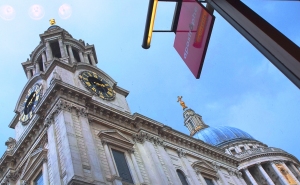 That great national favourite amongst English hymns – Sir Cecil Spring Rice and Gustav Holst’s “I Vow to Thee my Country” – is apparently no less popular at funerals than it is at weddings, having been intoned during the solemnities for no lesser luminaries than Winston Churchill, Princess Diana and – no surprise – Margaret Thatcher.
That great national favourite amongst English hymns – Sir Cecil Spring Rice and Gustav Holst’s “I Vow to Thee my Country” – is apparently no less popular at funerals than it is at weddings, having been intoned during the solemnities for no lesser luminaries than Winston Churchill, Princess Diana and – no surprise – Margaret Thatcher.
The hymn itself is – however – the subject of considerable controversy.
These attacks emanate from more than one quarter. There are those to the left of the political spectrum who are perturbed by the jingoistic overtones of the piece – the thinking being perhaps that such patriotic sentiments are but a short step from something considerably more akin to imperialism.
This nationalistic tenor also seems particularly offensive to some members of the Anglican congregation who perhaps deem it impious to make such vows to earthly powers rather than to god. Some amongst this ecumenical number further point to the fact that the ‘hymn’ actually makes no reference to god at all. In 2004 the Anglican Bishop of Hulme called for the canticle to be banned as being heretical – a view that I find – frankly – itself more hysterical!
In an article in the Church Times in 2013 the Reverend Gordon Giles – Anglican vicar of St Mary Magdalene’s Church in Enfield in the UK – suggested that Spring Rice’s poem should be re-written to make it more acceptable. His doctrinally ‘correct’ version replaces – for example – the original’s opening couplet:
I vow to thee, my country, all earthly things above,
Entire and whole and perfect, the service of my love
…with this – er – improved variant:
I vow to thee, my country, the service of my love,
in full and free devotion, all lesser claims above
Oh dear!
What these strangely earth-bound zealots seem to have missed is that what Spring Rice originally wrote was a poem! To insist upon a literal interpretation is to completely misunderstand the purpose and meaning of art. Ambiguity is essential – the pursuant intention being that each of us should discover our own meaning in the work.
This truism is made manifest by the variety of views that are to be found on the InterWebNet. The first stanza of the hymn may be read as a peon to militaristic imperialism, but just as readily as a lament for the fallen of the Great War. Those with an axe to grind might detect in the second verse either proof positive that ‘another country‘ – ‘most great to them that know‘ refers to the kingdom of god, or conversely evidence that the poem is nothing more than a puff of secular doggerel – in decidedly dubious taste.
I would like to proffer another interpretation…
Unlike that other great patriotic chorale – “Jerusalem” – “I Vow to Thee my Country” actually makes no explicit reference to England or to Britain at all. If the ‘other country’ of the second stanza can be taken as a metaphor for heaven, then why should the ‘country’ of the first verse be interpreted literally? It could – of course – refer to any country, but taking it further – it might not refer to a country at all. The metaphor could stand for a race – a community – a faith – an ideology…
What this first verse surely alludes to is the notion of tying one’s colours to the mast – to making the ultimate sacrifice for something – anything – that one believes in.
The second verse then adds to this – with a glance back over its shoulder to regard again the lessons of history – a terrible warning of the costs of misguided beliefs – be they patriotic, spiritual or ideological. Spring Rice must have been acutely aware when he re-wrote his original verse in 1918 of the paradoxical nature of the war that was shortly to end – caught between the fervour of patriotic support for his country and the knowledge that the powers of Europe had sleep-walked senselessly into an unforgivable and avoidable calamity that had resulted in the tragic and pointless loss of a generation of young men.
In this centennial year of the start of the Great War it is perhaps no surprise that I was overcome by emotion the other day in St Paul’s Cathedral, when attempting to sing this most moving of compositions. This is – after all – what good art does.
And if you should doubt that Spring Rice’s verse and Holst’s powerful melody – accidental partners though they may be – do in fact represent the highest forms of their respective crafts, then you need only look at the suggestions that others have made to ‘correct’ what they see as the hymn’s shortcomings.
If you have no understanding of the power of poetry this might not be a bad place to start.

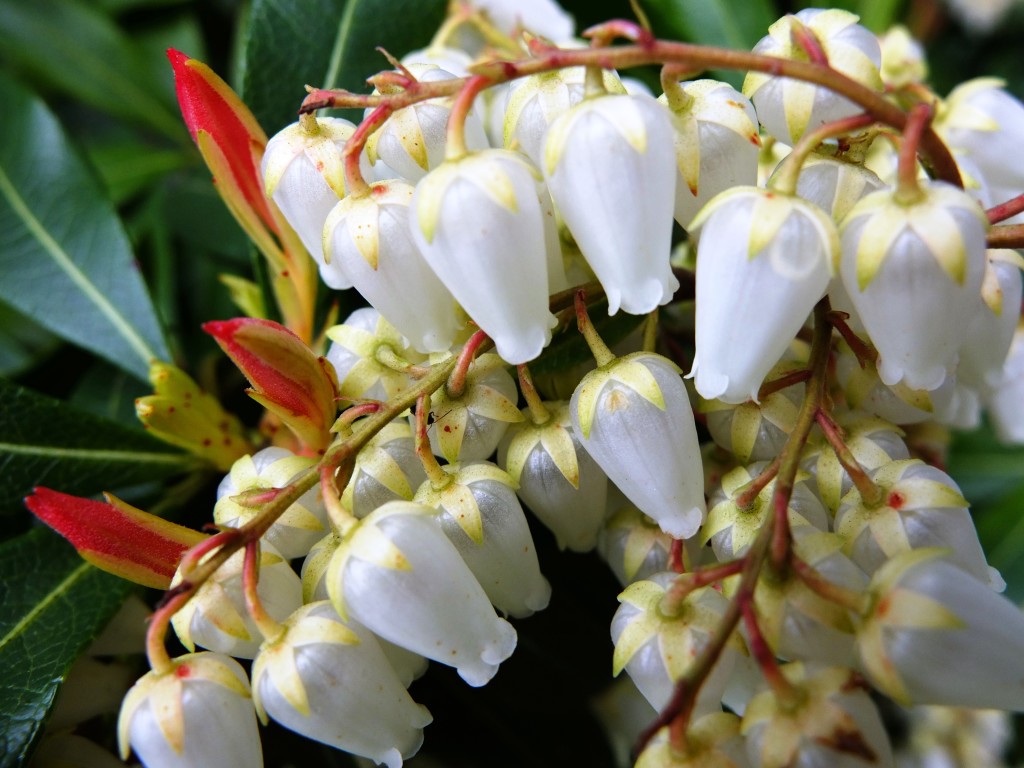
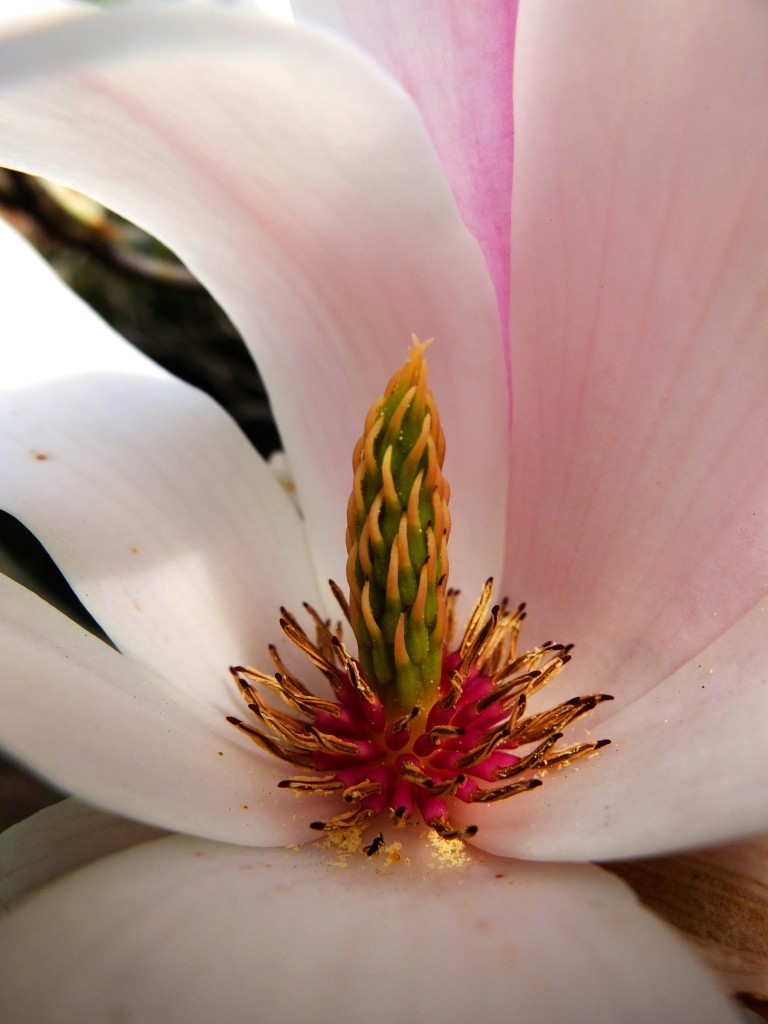
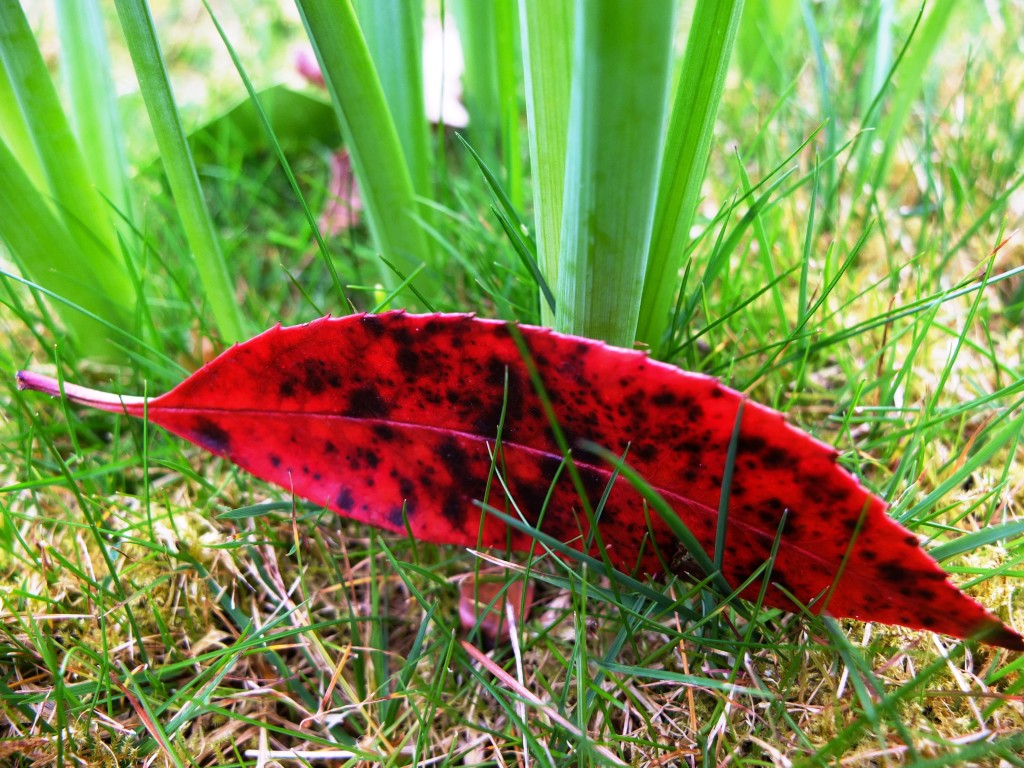
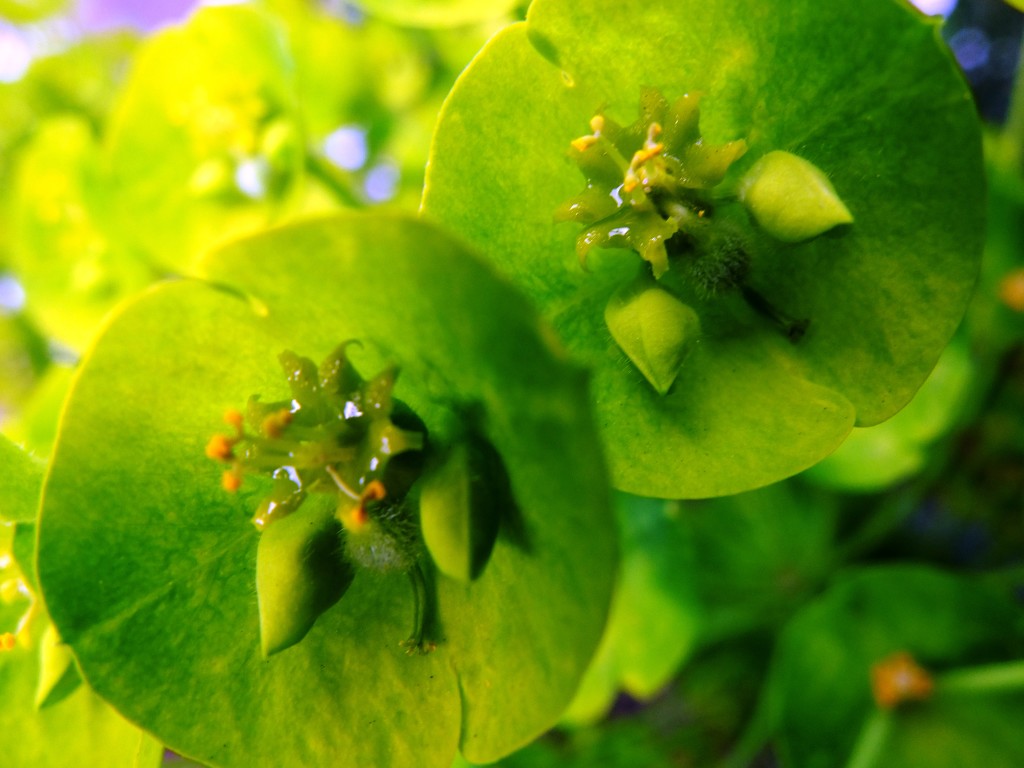
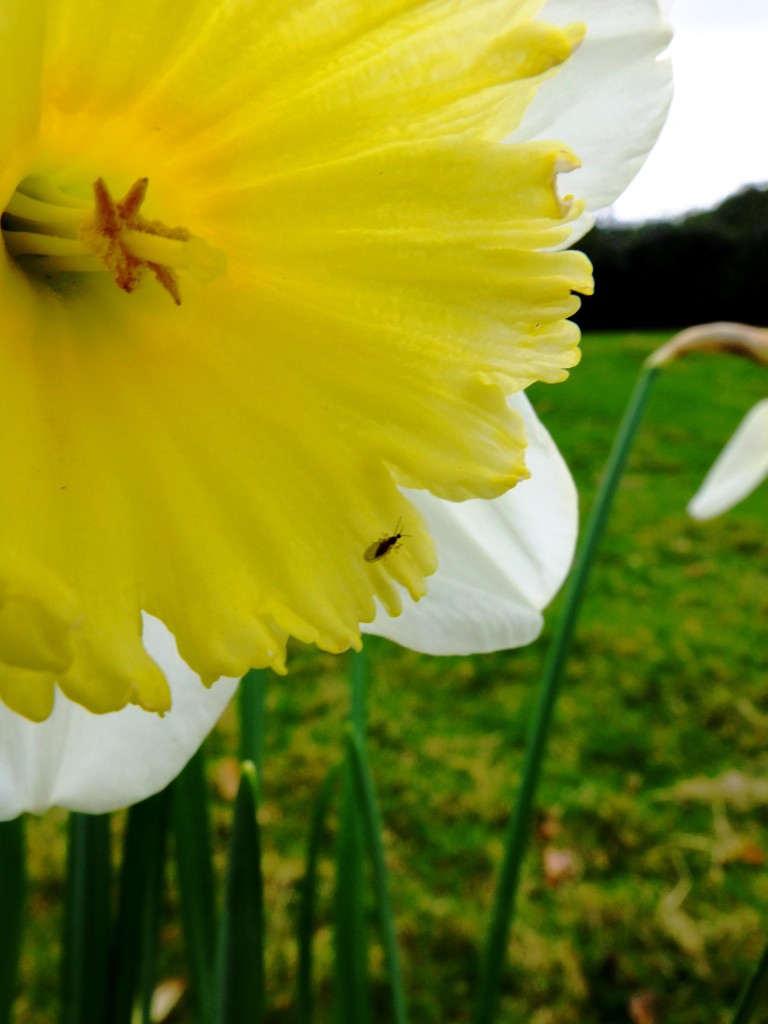
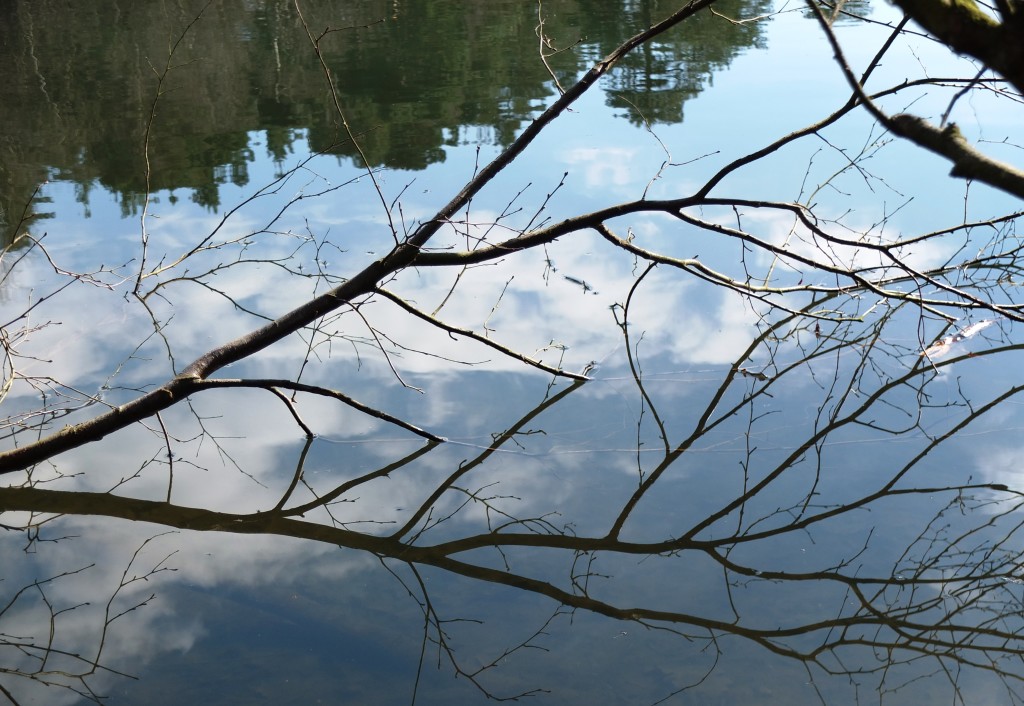
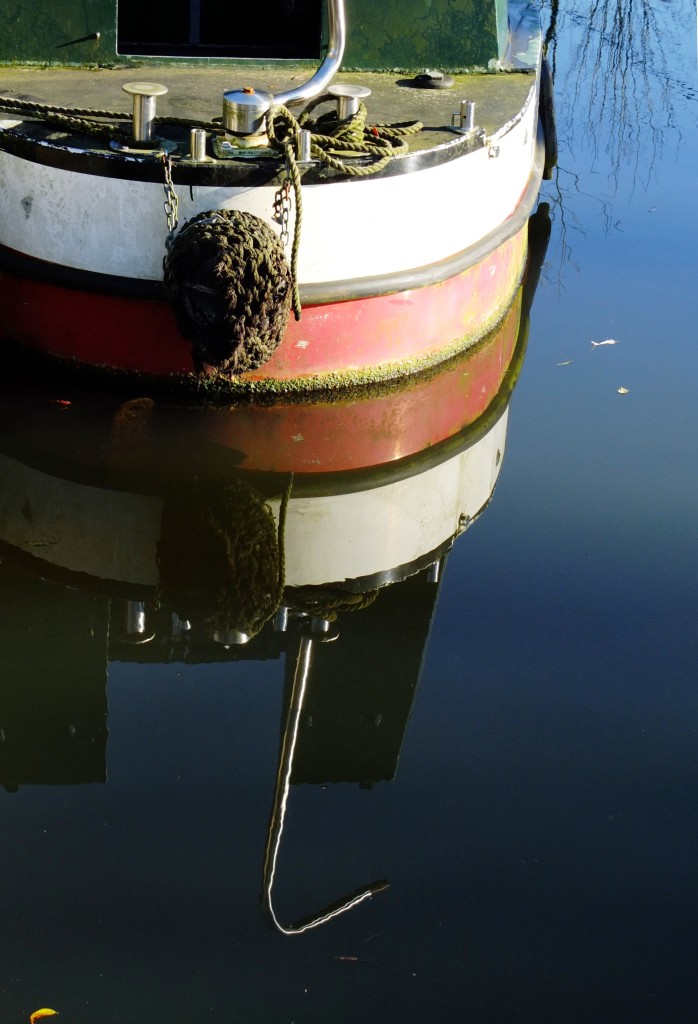
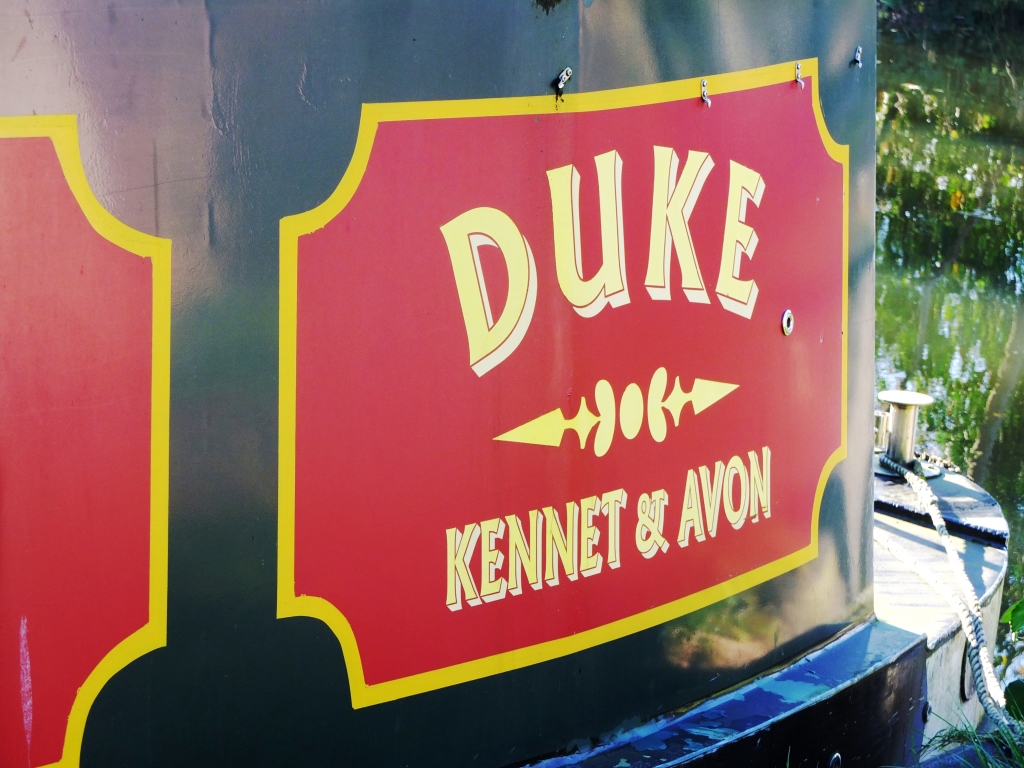
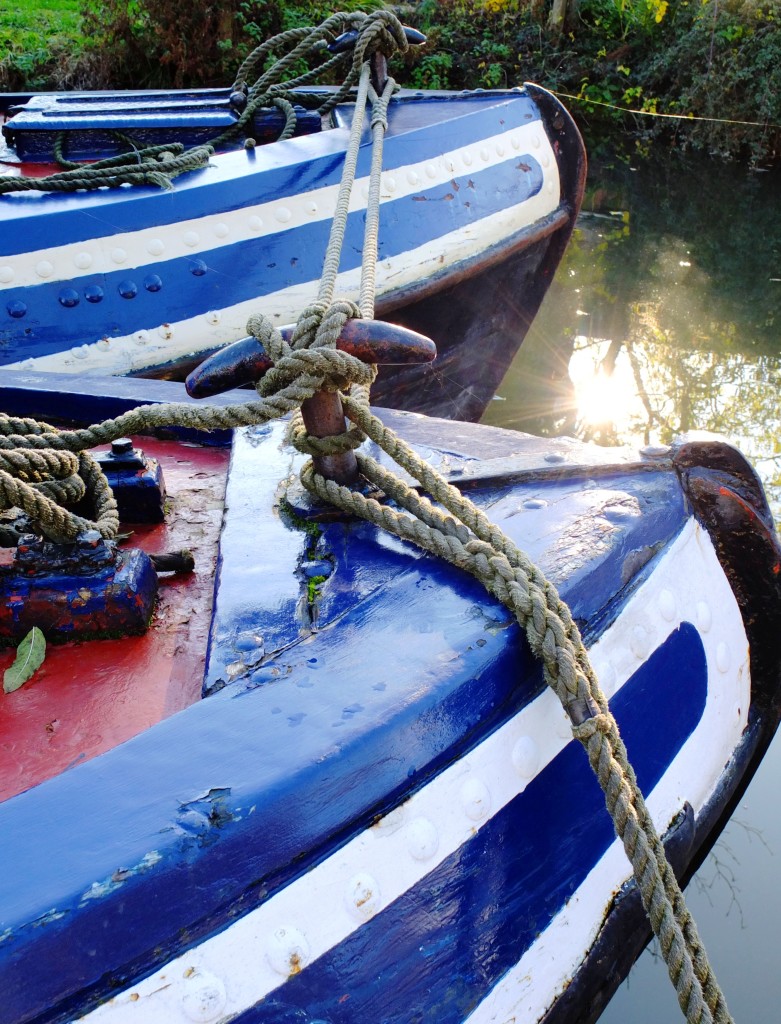
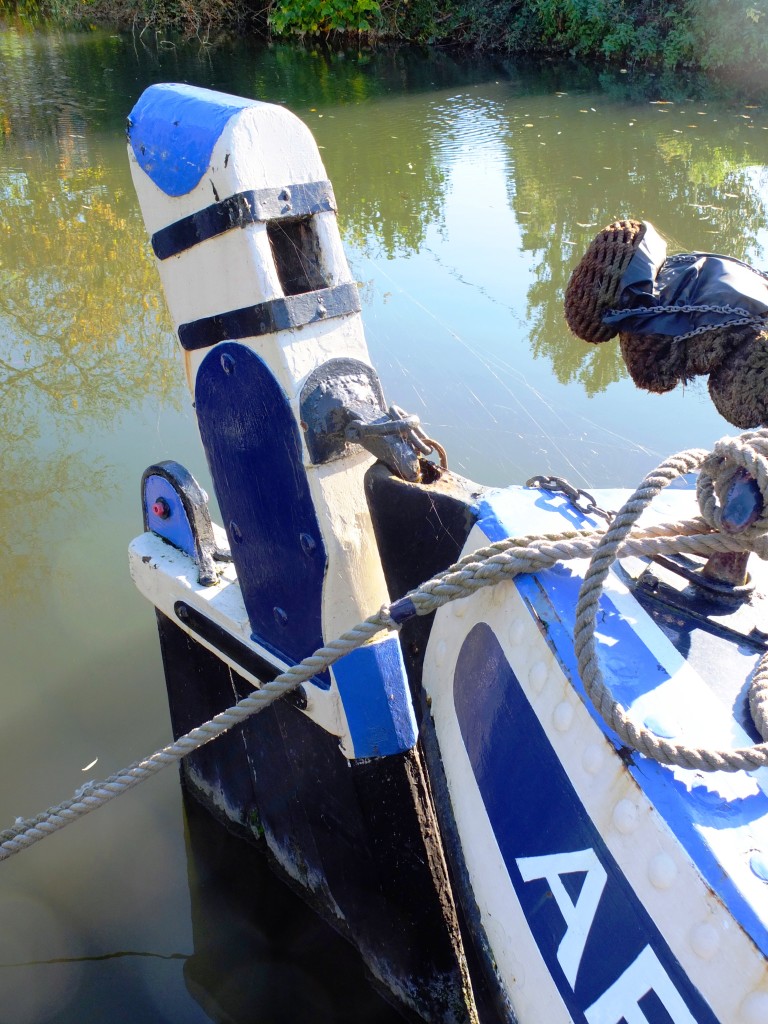
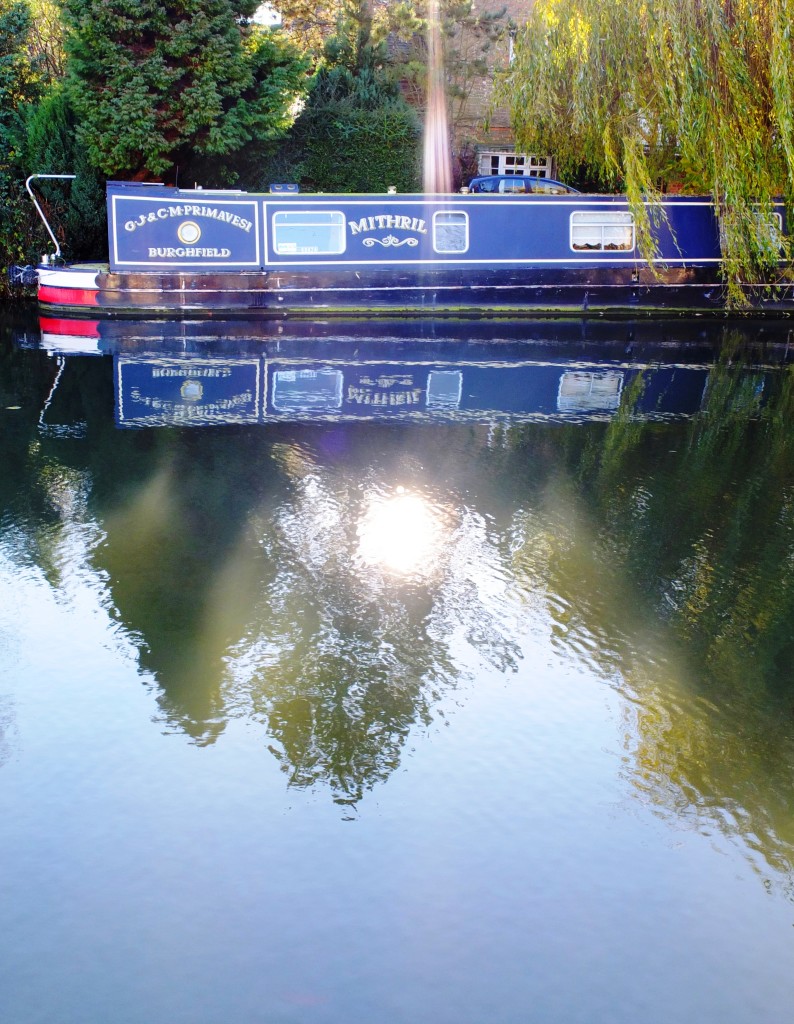
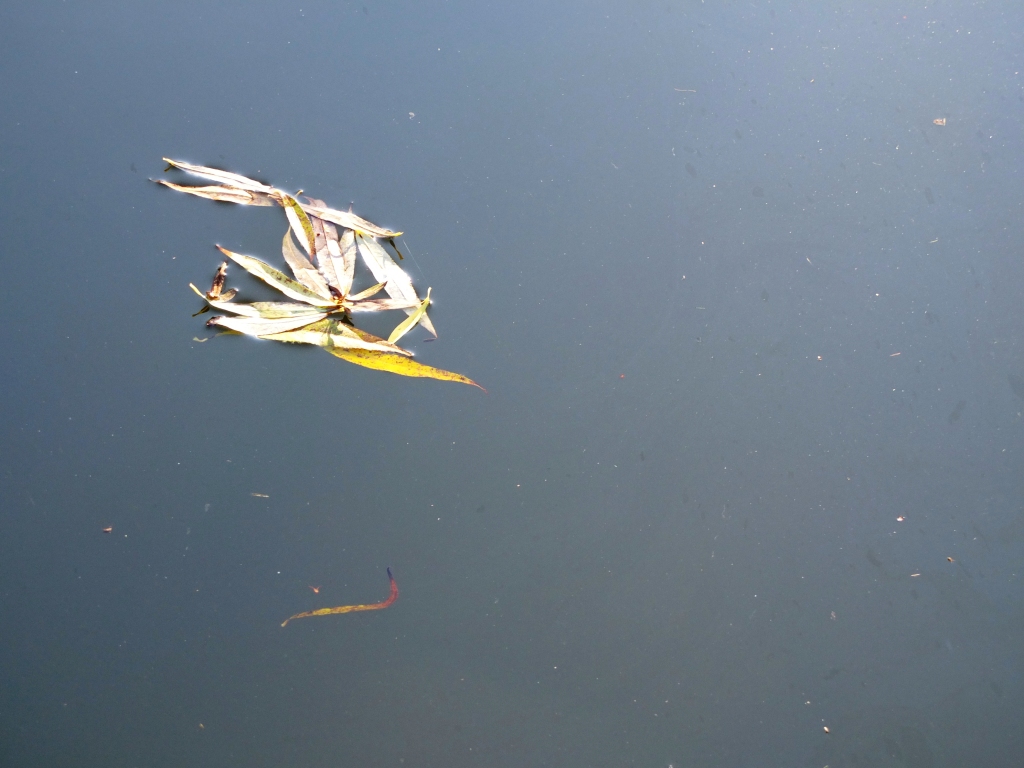
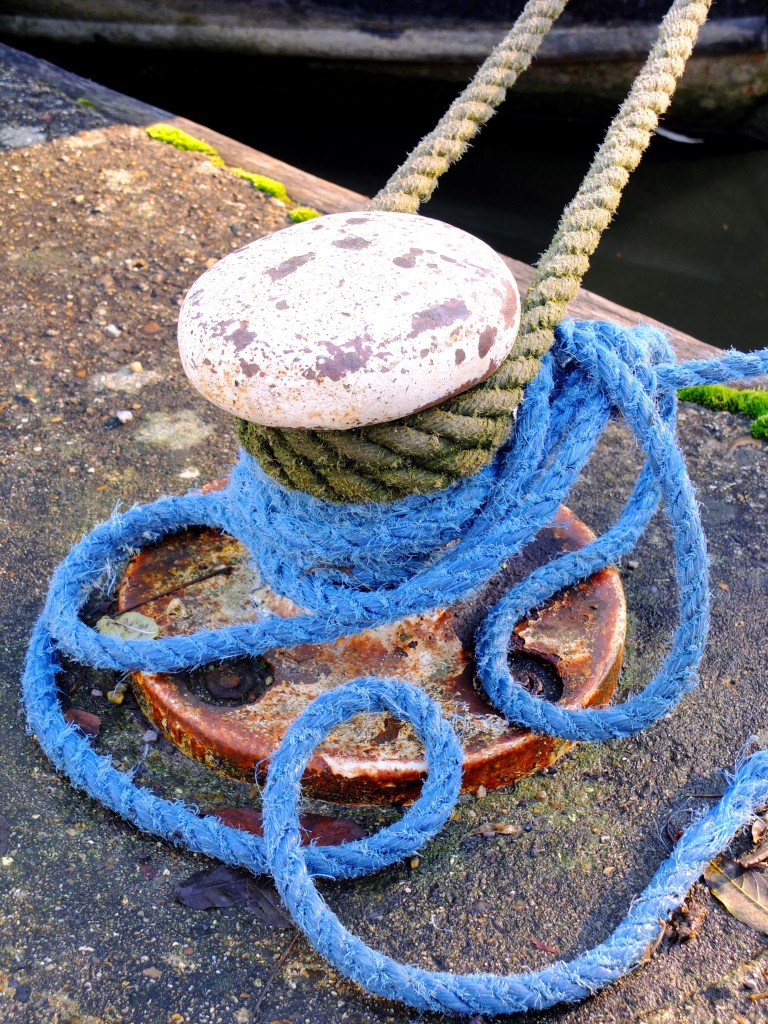
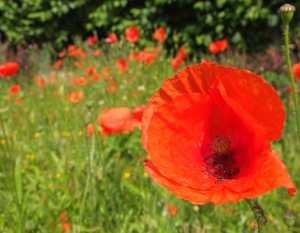

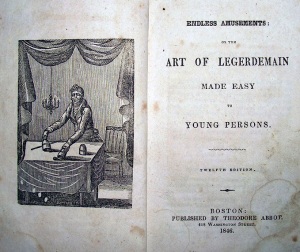
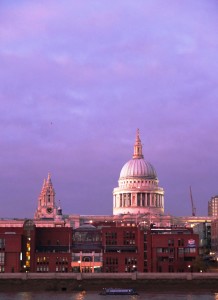
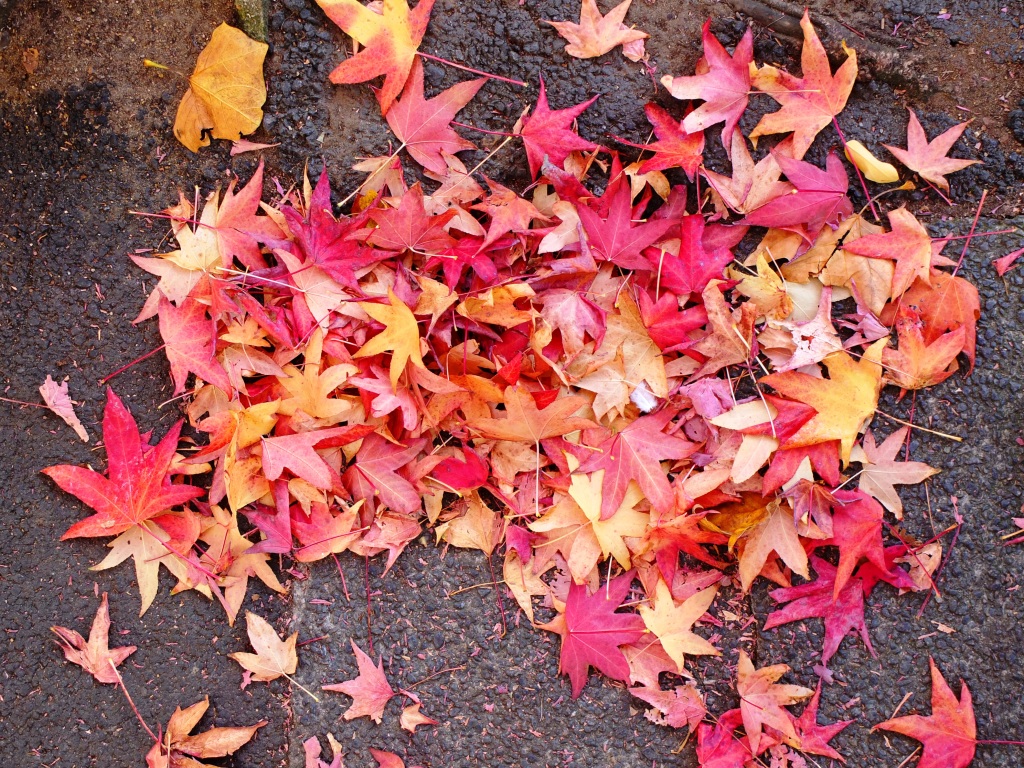
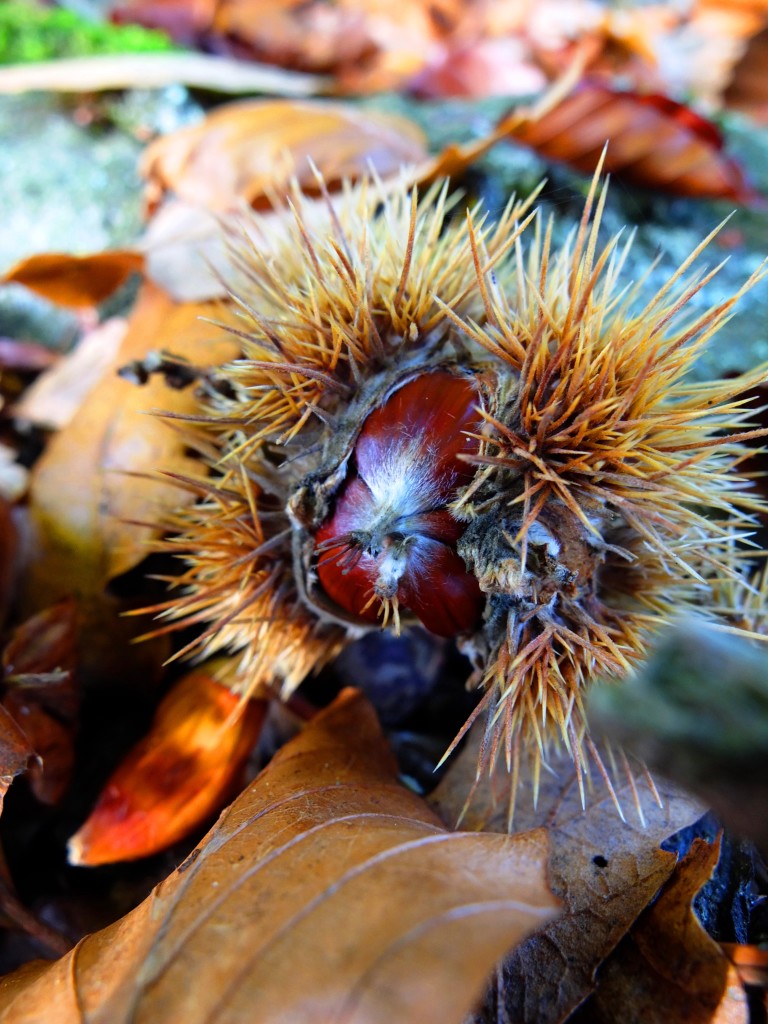
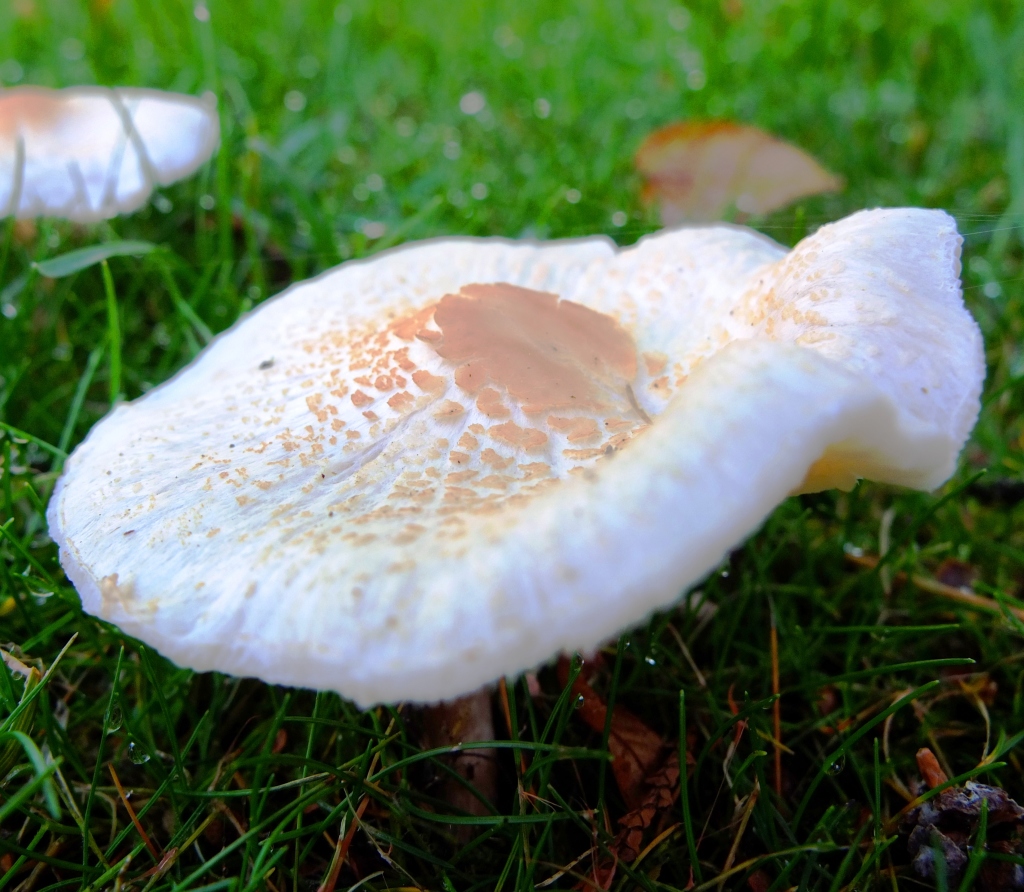
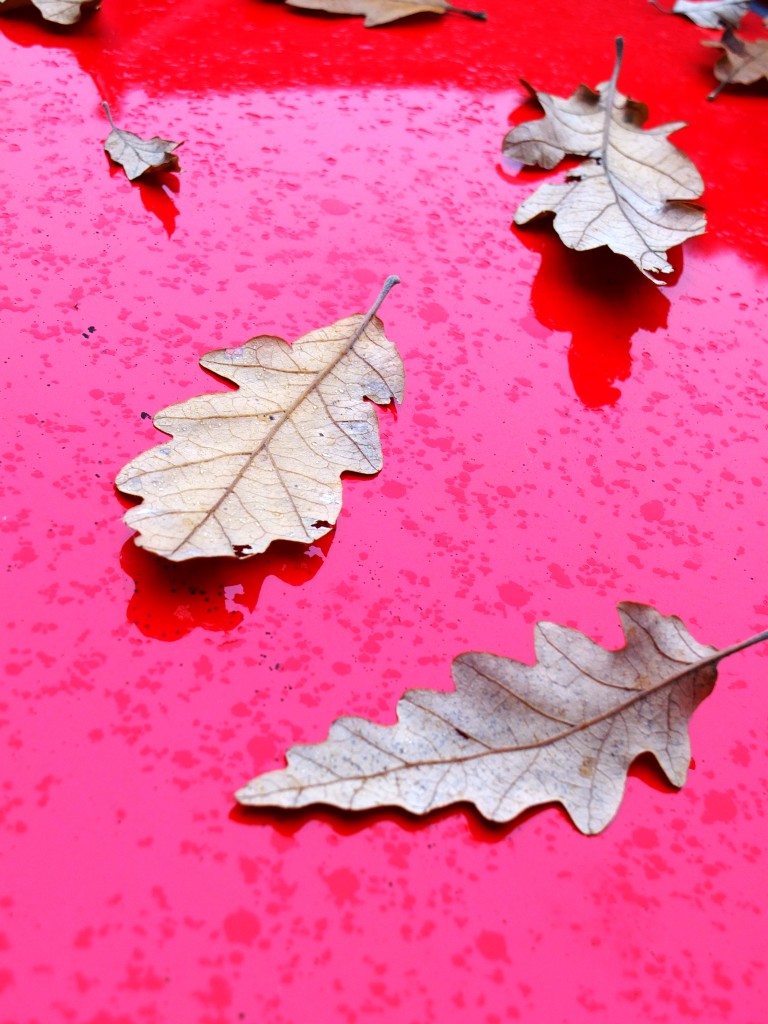
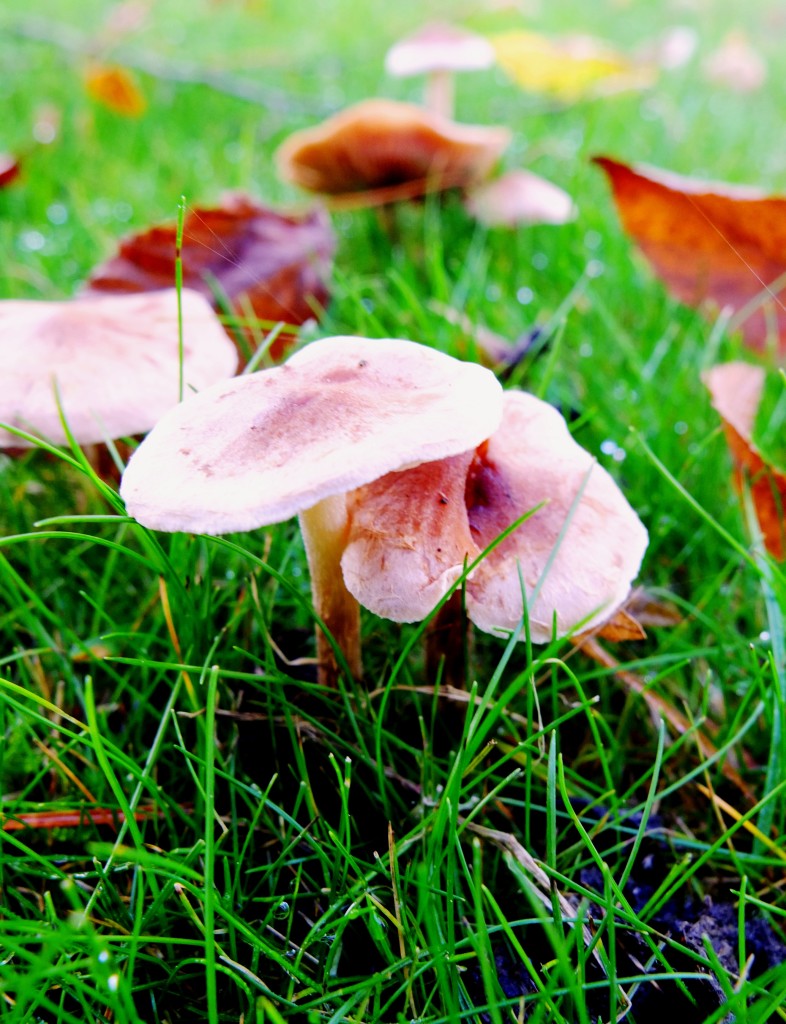
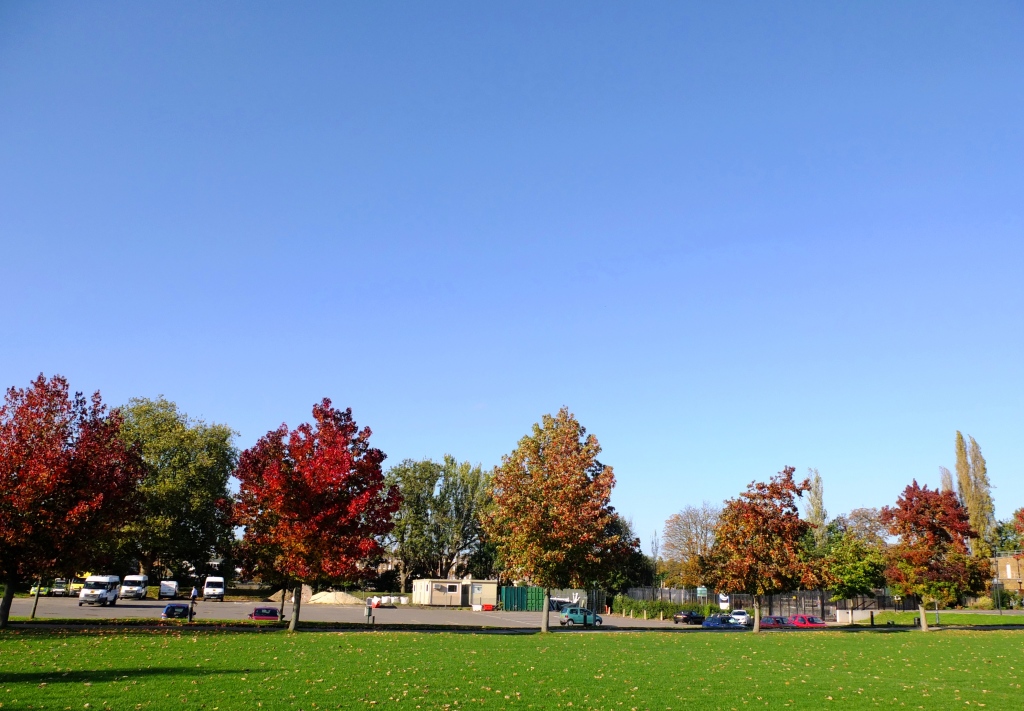

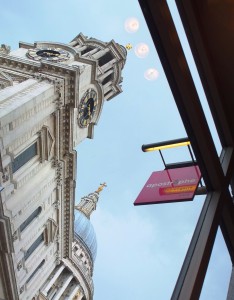
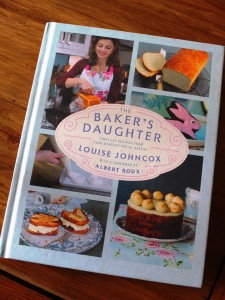
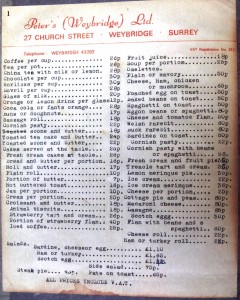



Recent Comments